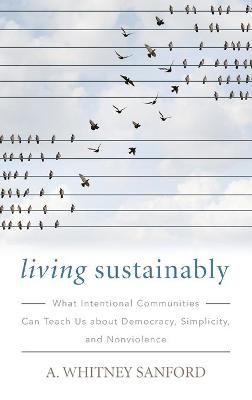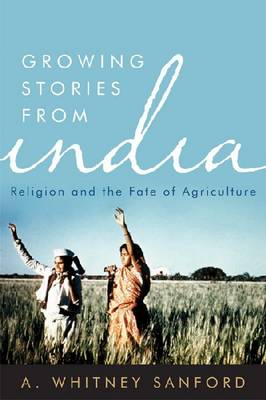Culture of the Land
2 total works
In light of concerns about food and human health, fraying social ties, economic uncertainty, and rampant consumerism, some people are foregoing a hurried, distracted existence and embracing a mindful way of living. Intentional residential communities across the United States are seeking the freedom to craft their own societies and live based on the values of nonviolence, self-sufficiency, equality, and voluntary simplicity. In Living Sustainably, A. Whitney Sanford reveals the solutions that such communities have devised for sustainable living while highlighting the specific choices and adaptations that they have made to accommodate local context and geography. She examines their methods of reviving and adapting traditional agrarian skills, testing alternate building materials for their homes, and developing local governments that balance group needs and individual autonomy. Living Sustainably is a teachable testament to the idea that new cultures based on justice and sustainability are attainable in many ways. Sanford's engaging work demonstrates that citizens can make a conscious effort to subsist in a more balanced, harmonious world.
The costs of industrial agriculture are astonishing in terms of damage to the environment, human health, animal suffering, and social equity, and the situation demands that we expand our ecological imagination to meet this crisis. In response to growing dissatisfaction with the existing food system, farmers and consumers are creating alternate models of production and consumption that are both sustainable and equitable. In Growing Stories from India: Religion and the Fate of Agriculture, author A. Whitney Sanford uses the story of the deity Balaram and the Yamuna River as a foundation for discussing the global food crisis and illustrating the Hindu origins of agrarian thought. By employing narrative as a means of assessing modern agriculture, Sanford encourages us to reconsider our relationship with the earth. Merely creating new stories is not enough -- she asserts that each story must lead to changed practices. Growing Stories from India demonstrates that conventional agribusiness is only one of many options and engages the work of modern agrarian luminaries to explore how alternative agricultural methods can be implemented.

